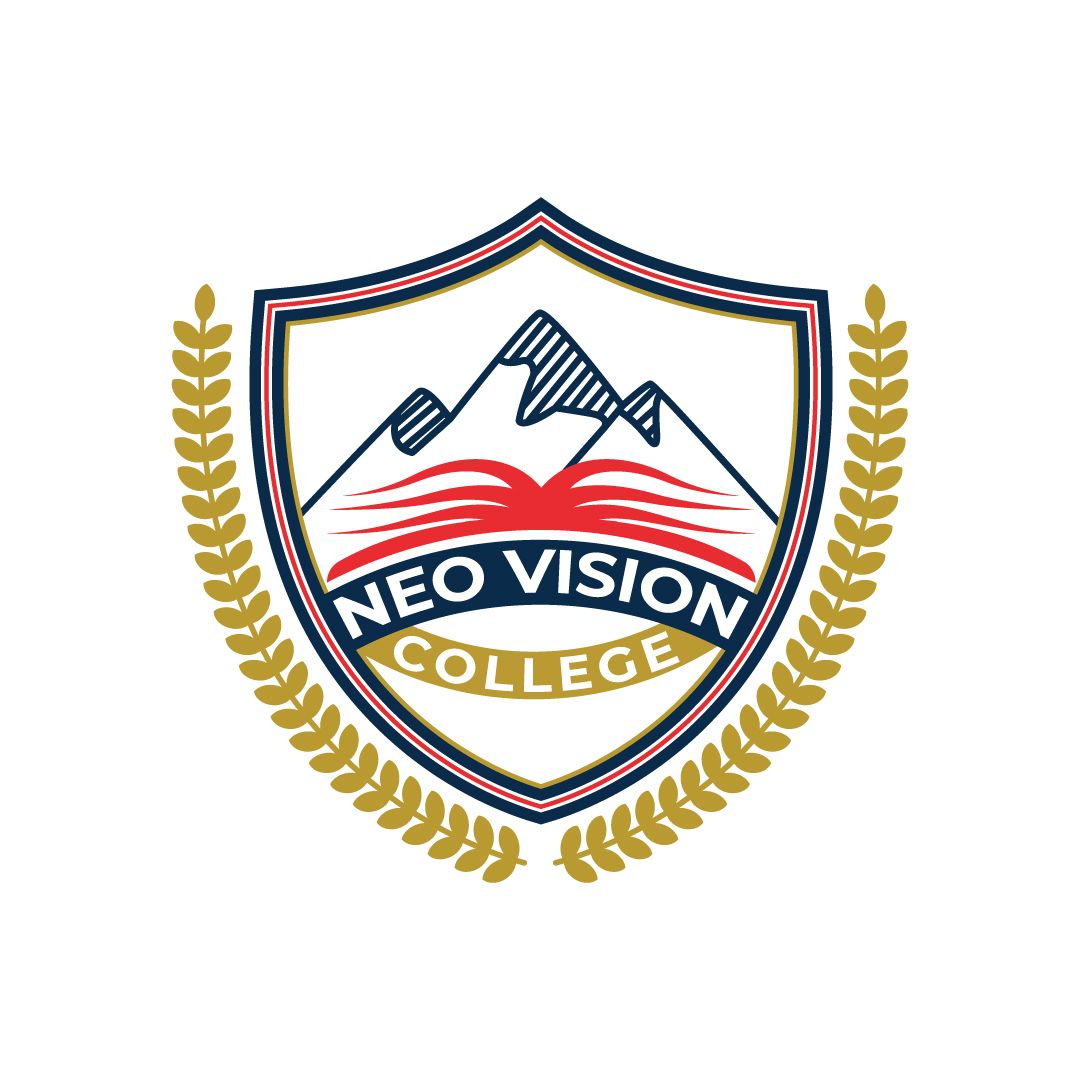I have always been connected to the nature of science NOS, to the questions that students ask about controversial scientific topics and to the debates we hold in the science classroom. However, this time I had this debate at the personal level with my nephew Zayd – a 6 years old grade one student. The two of us were watering the walls of a newly built garden room.

I highly recommend creating a role for kids in home duties while taking all safety measures into consideration. This helps them thrive and learn by observation ( Watering concrete few days following the pour strengthens it since the chemical reaction that helps strengthening the concrete needs water). The time we started watering the wall Zayd said: “Why are you washing the wall?”
Me: Actually, I am not washing it! I am watering it!
He looked with his curious eyes and said ” Why? Does it need water?”
Me: Yes, it needs water! Water strengthens the concrete added to join the concrete blocks that are used to build the wall.
Zayd: But it is non- living thing! Why does it need water?
Zayd related this to his science lesson. He studied this year about Living things and non -living things and this is the definition of Non- Living things in his Fusion Book!

Here, I said “Yes, it needs water to become stronger! But it doesn’t grow and reproduce!
Zayd said: “The wall was short two days ago! And now, it is tall!” He laughed and said: : “Is the wall growing?
Me: ” Yes, you are right! Now, it is taller than the previous time we saw it. Do you know why does it become tall?”
Zayd: “The worker stacked the blocks above each other and the wall became long”
Me: ” Yes, You said it! the worker stacked them 🙂 So, it is not growing by itself!
Here, I noticed from his sparking eyes that he got convinced by my answers!👍
Being science majored, I was able to follow up with the curious kid ( Zayd) till the end. However, many parents and teachers are killing kids’ curiosity. Parents by saying “you will know this later” and teachers mainly by redirecting them to the lesson plan process and procedure. We, as educators must nurture kids’ curiosity as it is a way to enhance their creativity. From my experience, I found that the question parking lot is a good strategy to follow up with students’ questions while at same time staying on the lesson plan track.


But what about the controversial questions that a child may ask, things related to existence as an example. Questions if asked by an adult it would be a “crosing the red line” case. Is better here to follow their curiosity as you have said? or just say the typical answers(you want understand now, it is beyond your age, I will answer you later, you will know by time..).
LikeLike
Hello Zaher 🙏Nice to hear from you!
Actually, I encourage parents to ask kids more questions instead of answering them. This gives parents time to think of the answer ☺️and at the same time helps pArents reveal their kids purpose from asking such questions. It makes life easier for parents 🤗🤗
Then, parents can answer based on the flow of the kids’ questions.
Always we have to divide their questions into parts and give them simple answers that their mind can grasp! In all scenarios, let us base our answer of existence on our religious books (Quran and Bible ,etc.) these are resourceful and you can find in them the best answers for kids’ questions 🙏
LikeLiked by 1 person